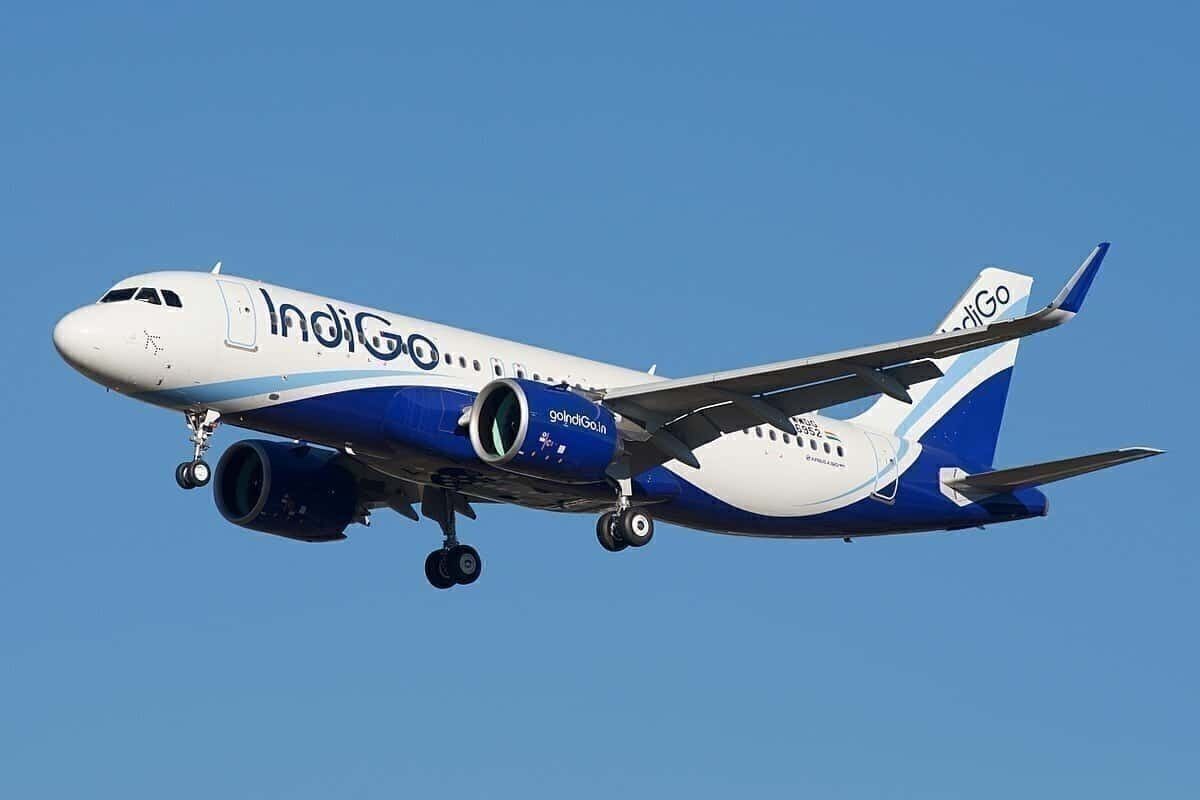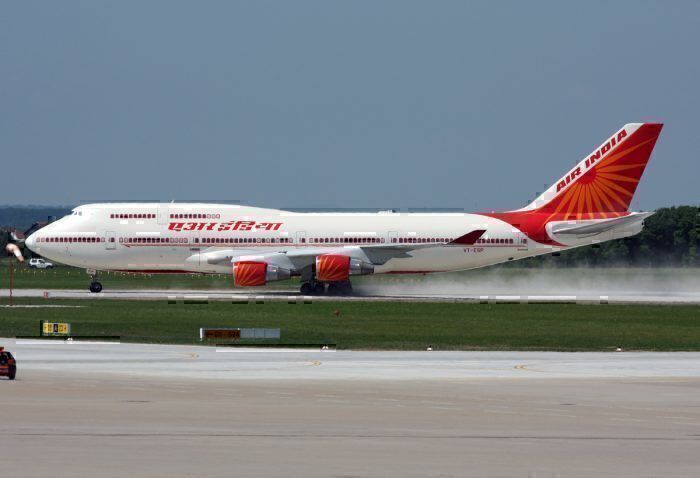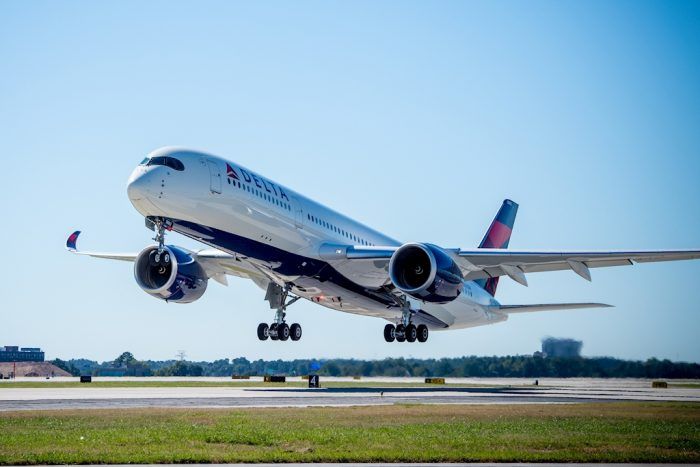In a bid to prevent transmission of the coronavirus, the DGCA has ordered flight crews departing from Kerala, the only Indian state with confirmed cases of the virus, to halt breathalyzer tests. The news comes as there have been conflicting reports on the airborne nature of the virus.
A necessary precaution
The new DGCA order comes as the virus continues to rapidly spread and shows no signs of slowing down. India currently has three confirmed cases of the virus, all of which have been recorded in the state of Kerala. The country has also seen multiple suspected cases, which are currently being tested by the authorities, raising tensions.
The order states that no flight crews departing from the state of Kerala will be subjected to the standard pre-flight breathalyzers for the next 15 days. Instead, crews will be taking post-flight breathalyzers upon landing.
The state of Kerala had already suspended the use of breathalyzers during traffic stops due to the presence of confirmed cases in the state. Breathalyzer tests require one to breathe into a machine that measures blood alcohol levels. The process involves movement of body fluids and could lead to the spread of communicable diseases like H1N1 and the coronavirus, if not kept hygienically.
How bad is the situation
While India hasn't been exposed to the number of confirmed cases that other countries surrounding China have, the government is still preparing for a possible spread. Due to India's large population and weak healthcare system, an outbreak could become catastrophic extremely fast.
The government has suspended entry to all travelers who've visited China after 15th January and suspended all visas issued to Chinese nationals before the 5th of February. Simultaneously, all Indian carriers have canceled their flights to the mainland and Hong Kong, as they struggle with low demand and travel restrictions.
India has also evacuated 647 citizens from the epicenter of the virus in Wuhan, China, using two Air India 747s. This occurred since Wuhan has been placed on complete lockdown, meaning no flights in or out of the city. This has left foreign nationals stranded inside the city, and countries have been running repatriation flights for citizens to bring them back to home.
Is the situation going to get better?
With the virus still spreading rapidly and the death toll rising significantly every day it is highly unlikely that we will see things go back to normal anytime soon. Airlines have already begun canceling flights into March and demand for travel to South Asia has reduced sharply. China represents a huge market for aviation, both domestic and international, with nearly all large, international carriers flying there. Cancellations are bound to affect these airlines' bottom lines and reduce passenger traffic.
Orders such as this one show us that the Indian government is taking the threat of the virus very seriously. Flight crews travel all over the country, and world, and have the potential to carry the virus to multiple places. Therefore doing everything to prevent them from contracting the virus is in order.



